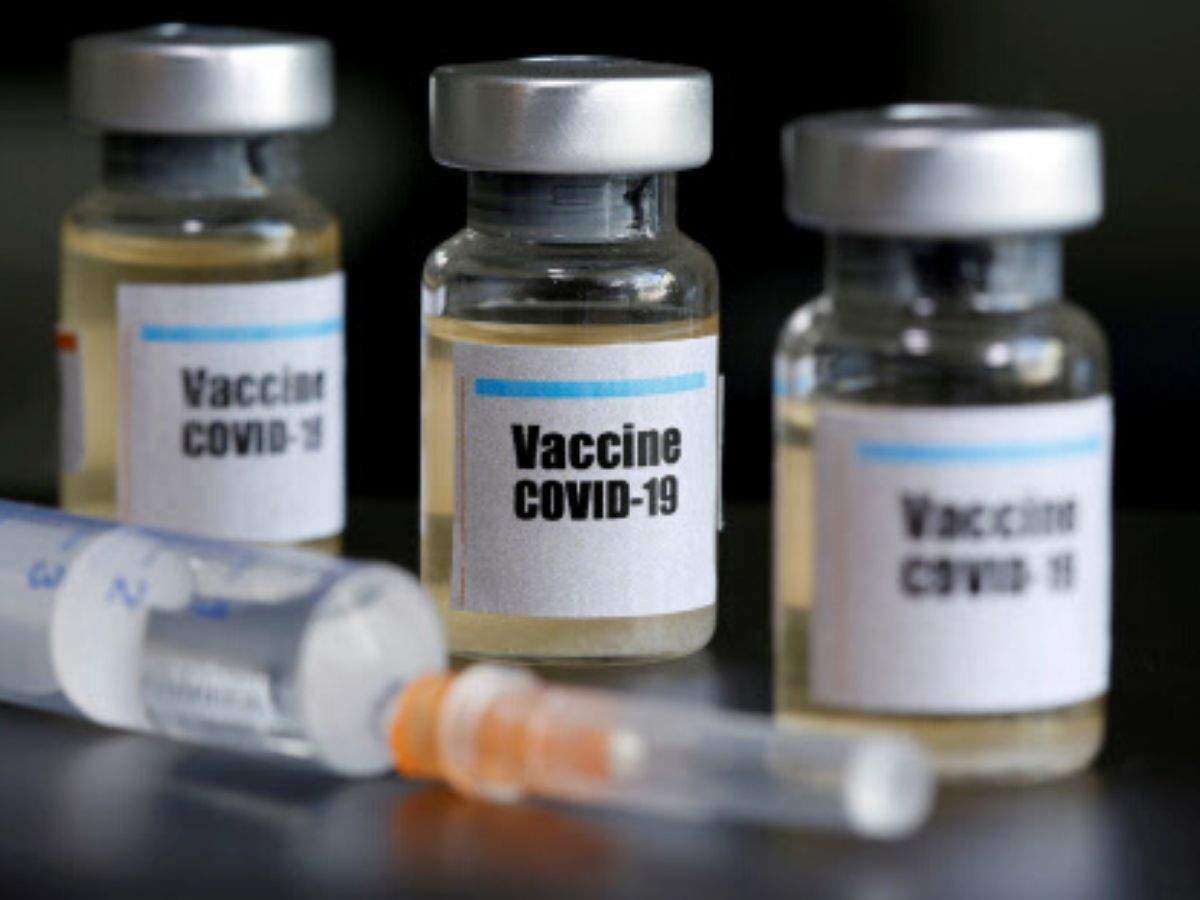COVID19 Vaccination: Myth vs. Facts
COVID-19 Vaccination programme gives priority to strengthening the country’s healthcare system by protecting the professionals, health and frontline workers and the most vulnerable population groups
Non-transferable Electronic Vouchers are in the pipeline to be used to support vaccination of Economically Weaker Sections at private COVID Vaccination Centres
Delhi 01 JUL 2021
India’s National COVID Vaccination Program is built on scientific and epidemiological evidence, WHO guidelines and global best practices. It is anchored in systematic end-to-end planning and is implemented through effective and efficient participation of States/UTs and the people at large. Government of India’s commitment to the vaccination program has been unwavering and proactive from the beginning.
There have been some media reports alleging that India’s Vaccine Strategy is ‘neglecting the older and vulnerable population’, further claiming that the policy ‘privileges the rich’.
It is clarified that the COVID Vaccination programme, which is based on scientific and epidemiological evidence, gives priority to strengthening the country’s healthcare system by protecting the professionals, health and frontline workers, manning it, as well as protecting the most vulnerable population groups. This approach has yielded positive results by achieving more than 87.4% 1st dose coverage amongst registered Health Care Workers (HCWs)s and around 90.8% coverage of 1st dose amongst registered Front Line Workers (FLWs), thereby protecting this cohort which is involved in providing health care services, surveillance and containment activities amid the 2nd wave of COVID-19 pandemic.
Till now, the drive has covered 45.1% of 45+ years of population with 1st dose of vaccination. With a large cohort to cater in the age-groups of 60 years and above and those aged 45-59 years with comorbidities, a coverage of more than 49.35% of the population aged 60 years above with single dose of COVID-19 vaccine has been achieved in the vaccination drive.
Under the revised national COVID Vaccination Policy implemented since 21st June 2021, in order to incentivize production by vaccine manufacturers and encourage new vaccines, domestic vaccine manufacturers are given the option to also provide vaccines directly to private hospitals which has been restricted to 25% of their monthly production. All citizens irrespective of their income status are entitled to free vaccination by Government of India and those who have the ability to pay are encouraged to use private hospitals’ vaccination centres.
Keeping in view the equitable distribution between large and small private hospitals and regional balance, the States/UTs aggregate the demand of private hospitals from their State/ UT and share it with the Government of India. Further, the private hospitals can charge up to a maximum of Rs. 150 per dose as service charges.
Under the spirit of ‘Lok Kalyan’, Indians are also being encouraged to financially support vaccination of Economically Weaker Sections at private COVID Vaccination Centres (CVCs) for which non-transferable Electronic Vouchers are in the pipeline. Under the National COVID Vaccination drive guidelines have been shared for community-based, flexible and people-centric approach. To help the elderly and differently abled citizens, Near to Home COVID Vaccination Centres (NHCVC) have also been initiated.
Government of India is cognizant of the need for facilitating COVID-19 vaccination for all people, and especially the vulnerable groups who may not possess any of the prescribed Identity Cards, namely, nomads (including sadhu/saints from various religions), prison inmates, inmates in Mental Health Institutions, citizens in Old Age Homes, road side beggars, people residing in rehabilitation centres/camps and any other identified eligible persons, aged 18 years or more. The District Task Force identifies such groups of persons in respective districts with assistance from concerned government department/ organisation like department of minority affairs, social justice, social welfare etc.
Additionally, inter-district or inter-state mapping of Workplace CVCs and Private CVCs too is being encouraged to further improve the outreach. Employees above 18 years of age can also get their dependents vaccinated by tagging them with the already existing CVCs for workplace vaccination.

 हिंदी
हिंदी






